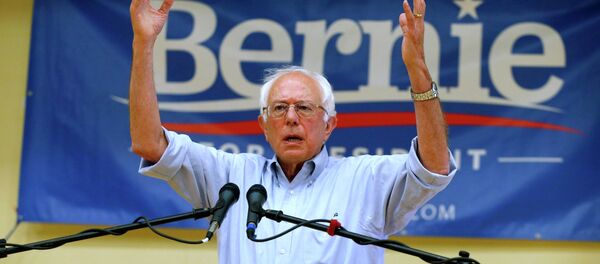The US government may soon explore social media postings when conducting background checks for security clearances, but they won’t be able to use fake accounts to do it – or at least that is what they tell you until you read the last sentence of the government’s policy relating to social media.
Last week, Director of National Intelligence James Clapper approved a new policy that, for the first time, authorized government investigators to consider public postings on social media – those posts that can be viewed by unrelated internet users – when conducting background checks.
The policy contains a critical exclusion that protects the privacy interests of drunken college students with aspirations for government service. The policy expressly prohibits government investigators from creating accounts or use existing accounts "for the purpose of connecting ('friending' or 'following') to a specific person, or asking an existing connection to help them access an individual’s private posts."
The lesson for those looking for a job with the CIA after various indiscretions at a Toga party or to foreign spies who are hard pressed to mask their associations is simple – keep the controversial posts private or set your Facebook profile to private and the government will never know.
Unfortunately, after the revelations by Edward Snowden, we all intuitively know that this new policy is not followed. Rather, the government is constantly collecting your phone and text message, search, and social media data at all times with the reams of information bouncing around in a two-block supercomputer in the secluded mountains of Colorado.
Nonetheless, the government definition of "publicly available social media information" as postings "published or broadcast for public consumption" does serve to strengthen privacy protections on the internet. Previous government definitions of "publicly available" included what legal scholars refer to as semi-public data – information that is accessible to many even if not all.
The idea that an individual can now affirmatively opt-in or opt-out to being spied on by the government bodes well for Americans privacy interests.
But, the policy closes with an exception that devours the rule – the provisions do not apply in instances related to "national security" or "criminal reporting requirements" meaning that the government can actually spy on you on social media using fake accounts and they just wanted to get your guard down.




